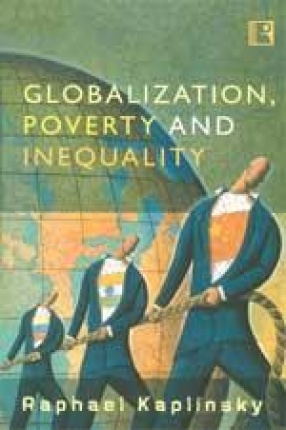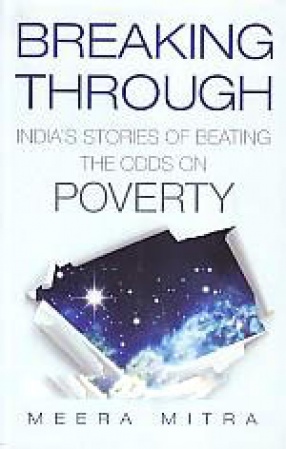Globalization is characterized by persistent poverty and growing inequality. Conventional wisdom has it that this global poverty is residual: as globalization deepens, the poor will be lifted out of destitution. The policies of the World Bank, the IMF and the WTO echo this belief and push developing countries ever deeper into the global economy. Globalization, Poverty and inequality provides an alternative viewpoint. It argues that for many – particularly for those living in Africa, Latin America and the Caribbean, Asia and Eastern Europe – poverty and globalization are relational. It is the very workings of the global system which condemn many to poverty. In particular the mobility of investment and the large pool of increasingly skilled workers in China and other parts of Asia are driving down global wages. This poses challenges for policy-makers in firms and countries throughout the world. It also challenges the very sustainability of globalization itself. Are we about to witness the implosion of globalization, as occurred between 1913 and 1950? Using a variety of theoretical frameworks and drawing on original research, this book will be an invaluable resource for all students of globalization and its effects.
Breaking Through: India’s Stories of Beating the Odds on Poverty
If India is described in ...
$35.10
$39.00





There are no reviews yet.